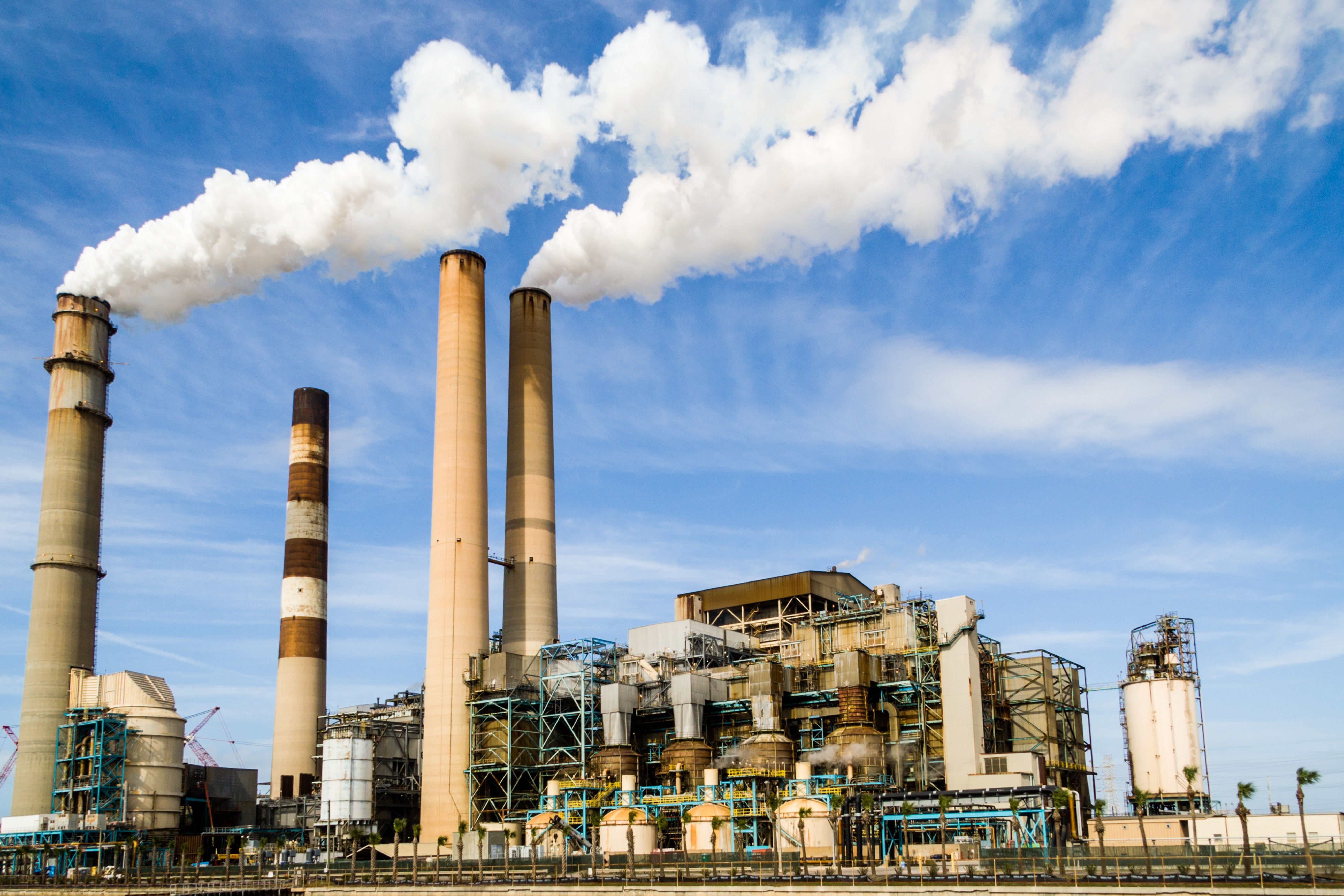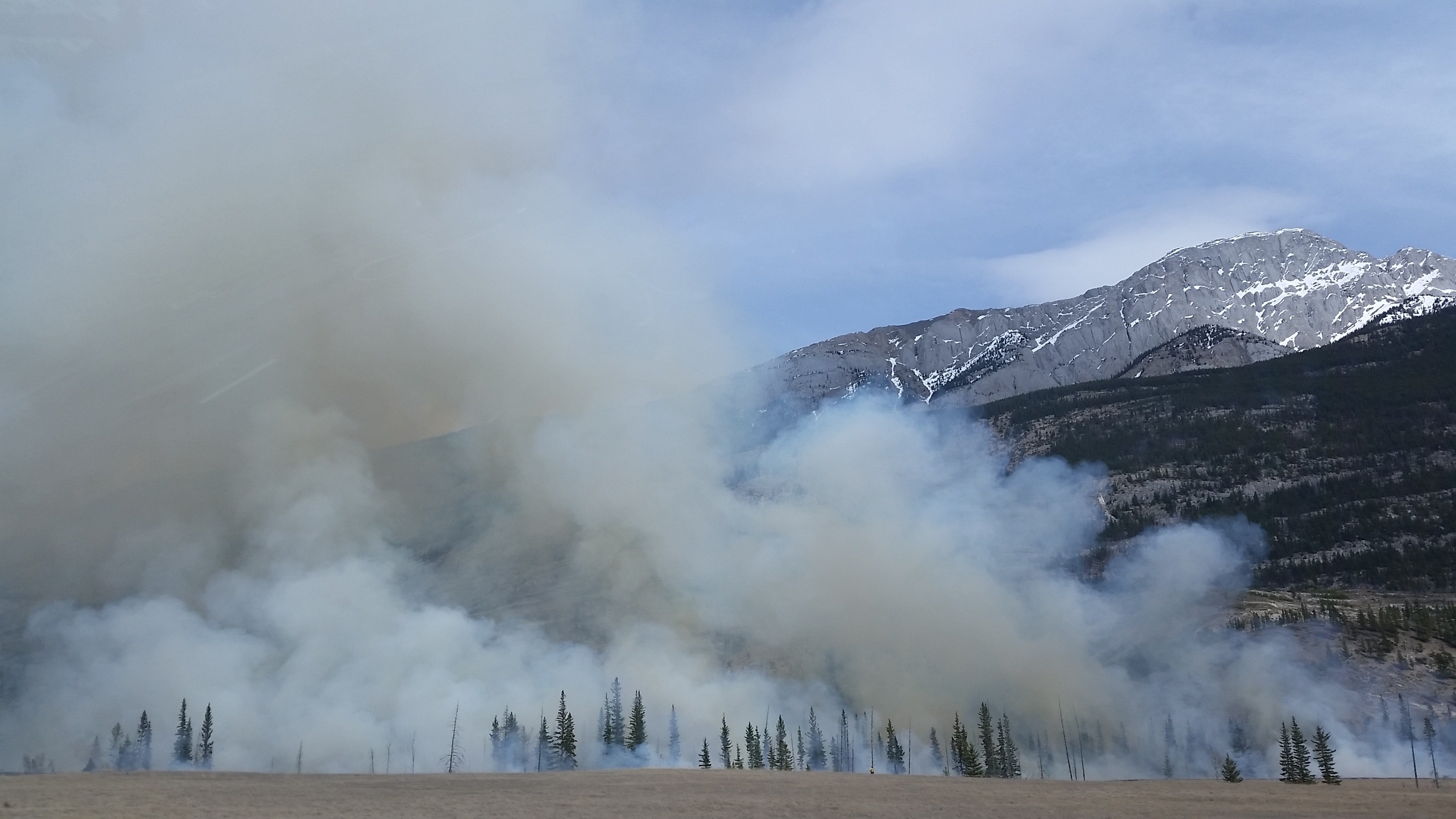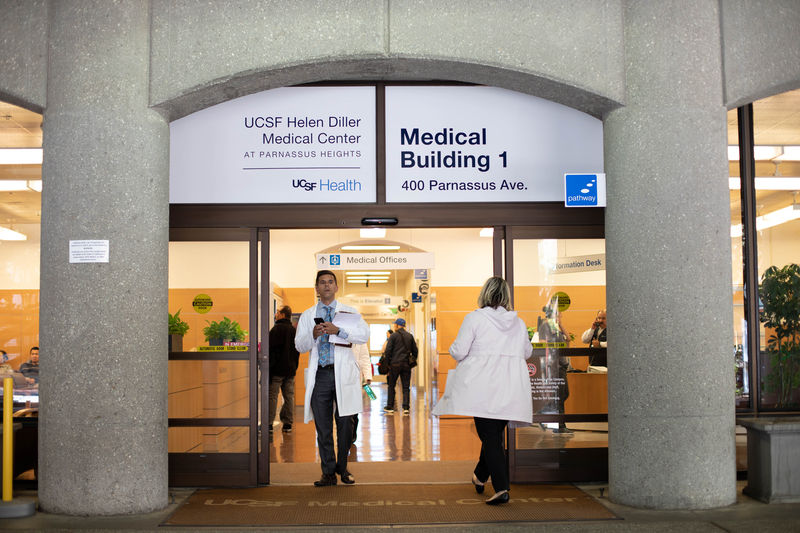Pollution and ILD

It is always advisable to minimize one's exposure to environmental particulate matter, be it pollution, secondhand smoke, burning wood or scented oils, etc. There is some research out there that suggests a correlation between exposure to particulate matter and worsening lung function (see article links below). Certainly, we have patients who live in wildfire-prone areas who report worsening shortness of breath and cough when exposed to wildfire smoke. Sometimes exposure can trigger an exacerbation of one's interstitial lung disease. Here are two published articles with more information on the impact of pollution and ILD:
Wildfire Smoke

There are a variety of resources publicly available with helpful tips on how to protect oneself during a wildfire. Here are some reliable resources:
- Centers for Disease Control and Prevention: Protect Yourself from Wildfire Smoke
- American Lung Association: Wildfires
In general, here are tips for individuals with ILD living in or near wildfires:
- Evacuate the area if at all possible.
- Do not exercise outdoors.
- Stay indoors and keep windows and doors closed.
- If you require oxygen, it may be difficult to wear a mask, but if you must go outside, use a mask with the ability to filter fine particles such as an N95 or N100 mask.
- Use HEPA filter air purifiers in the home.
- Avoid using candles, fireplaces, or gas stoves, anything that can increase air pollution inside.
- Make sure to check your car and home filters and change them if necessary.
- If you notice you're having more difficulty breathing, wheezing, coughing, chest tightness, lightheadedness, or dizziness, seek medical attention.
Please see under Environment and ILD in our Resources for more information.
Power Outages
Power outages can cause a lot of inconvenience if you rely on an oxygen concentrator for supplemental oxygen delivery. The key to minimizing stress and avoiding unnecessary inconveniences is to plan early and be prepare for the unexpected.
If you require the use of an oxygen concentrator (portable or stationary), call your power company to register with them so that they know you are someone who requires electricity to breathe. They can alert you in advance of planned power shutoffs. For those in California, you can apply for PG&E’s Medical Baseline Program to receive a lower rate on your monthly energy bill as well as additional notifications in advance of a Public Safety Power Shutoff.
In the case of a power outage in your area (planned or otherwise),
- contact your oxygen supplier directly to arrange for the delivery of compressed air tanks.
- consider investing in a home generator to power your concentrator(s), especially if you live in an area known for frequent power outages due to weather/wildfires.
- consider having at least 1-2 extra batteries for your portable oxygen concentrator and have these fully charged (your oxygen supplier may be able to supply these).
- if you are in an area that has required home evacuations to shelters, contact those shelters to inquire about help with your oxygen needs should you ever need to evacuate home (ie. Do they have generators, etc.)
- invest in an emergency supply of some basics: water, non-perishable food, flashlight, cellphone, sufficient supply of medications, etc.
For additional tips on emergency preparedness for individuals who use electricity and battery-dependent medical devices, go here for more information.
